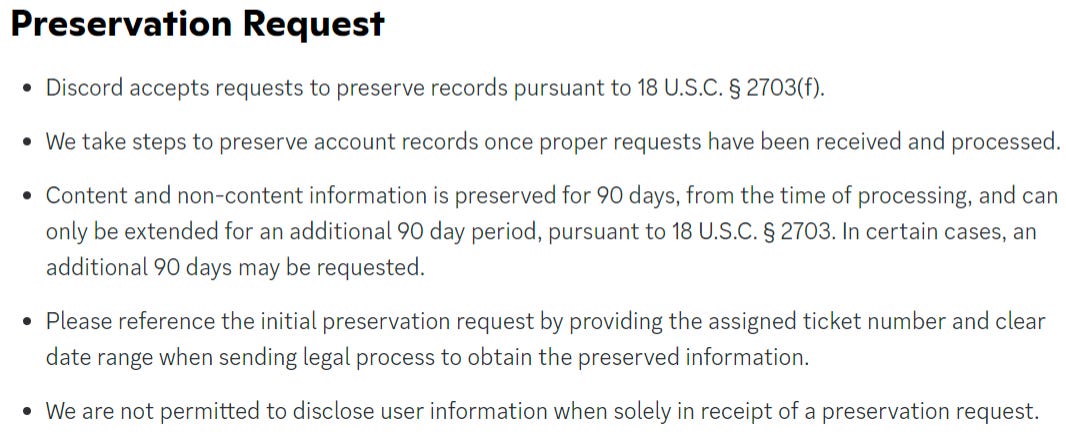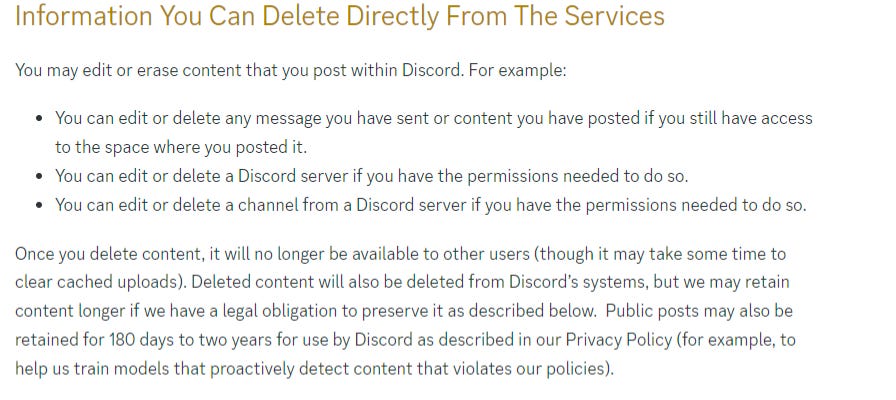Is Discord Watching You?
OSINT, Active Scanning, and Collaboration Capability in One Tool
In 2025, the most important skill for a hacker, penetration tester, or security researcher is undoubtedly automation. A close second for teams would be collaboration tools.
What if your recon server also served as your collaboration server while masking your queries? That would be an easy decision, right? So, what’s the solution?
Discord! When set up correctly, it can function as an information-gathering, basic scanning, and collaboration tool.
Open Source Intelligence (OSINT) is all about discovering publicly available information and using it to gain actionable or contextual insights. With the integration of professional and personal details on the internet—for job applications, career advancement, business promotion, socialization, family connections, dating, and efficient living—OSINT bridges the gap between cybersecurity and the intelligence world. This includes espionage, law enforcement, crime research, and competitor analysis. Governments use intelligence to gather critical information, and cybersecurity experts can apply similar techniques in ethical hacking and research.
Discord is often described as a communication tool for streaming and gaming, but as an ethical hacker, I can attest that tech experts often underestimate its potential. While marketed as a more casual version of Slack, Discord is far more versatile. This isn’t an endorsement of Discord as a business tool, but rather an honest assessment of its unique capabilities. Unlike Slack, Discord finds itself filling roles beyond its intended scope.
In most hacking methodologies, Phase 1 is recon. Having the ability to perform recon from a communication server adds significant value to a hacker’s toolkit. When combined with account anonymization and smart scheduling to delete used data, Discord can serve as a near-untraceable recon repository. (Just don’t get too sentimental with publicly available data! 😒) While I won’t explain how to anonymize yourself online, I will share that Discord has clear policies regarding law enforcement cooperation and data retention.
Discord’s Law Enforcement Request Policy:
Discord’s Data Retention Policy:
Once you create your recon Discord server, you’ll need to add tools in the form of apps. For example, Spyo offers over 300 tools for information gathering, encoding, DNS enumeration, reverse image searches, social media lookups, phone number lookups, text parsing, temporary email generation, and more. It even includes curl for fetching data from websites.
Use Cases for Discord in Cybersecurity:
Bug Bounty Teams:
The tools can be used by a team of bug bounty hunters as they approach a program from Hacker One or Bug Crowd.
Small Businesses, Entrepreneurs, and Nonprofits:
These groups often lack the resources for enterprise-level attack surface management tools. With 46% of cyberattacks targeting small businesses, adaptable tools like Discord can help them secure their operations and grow safely. Attack Surface Management, a core application of OSINT, helps organizations understand their cybersecurity posture.
We’re excited to explore the possibilities and see how the cybersecurity industry embraces adaptable tools like Discord. The future of cybersecurity is innovative and collaborative—tools like these will be key players.




